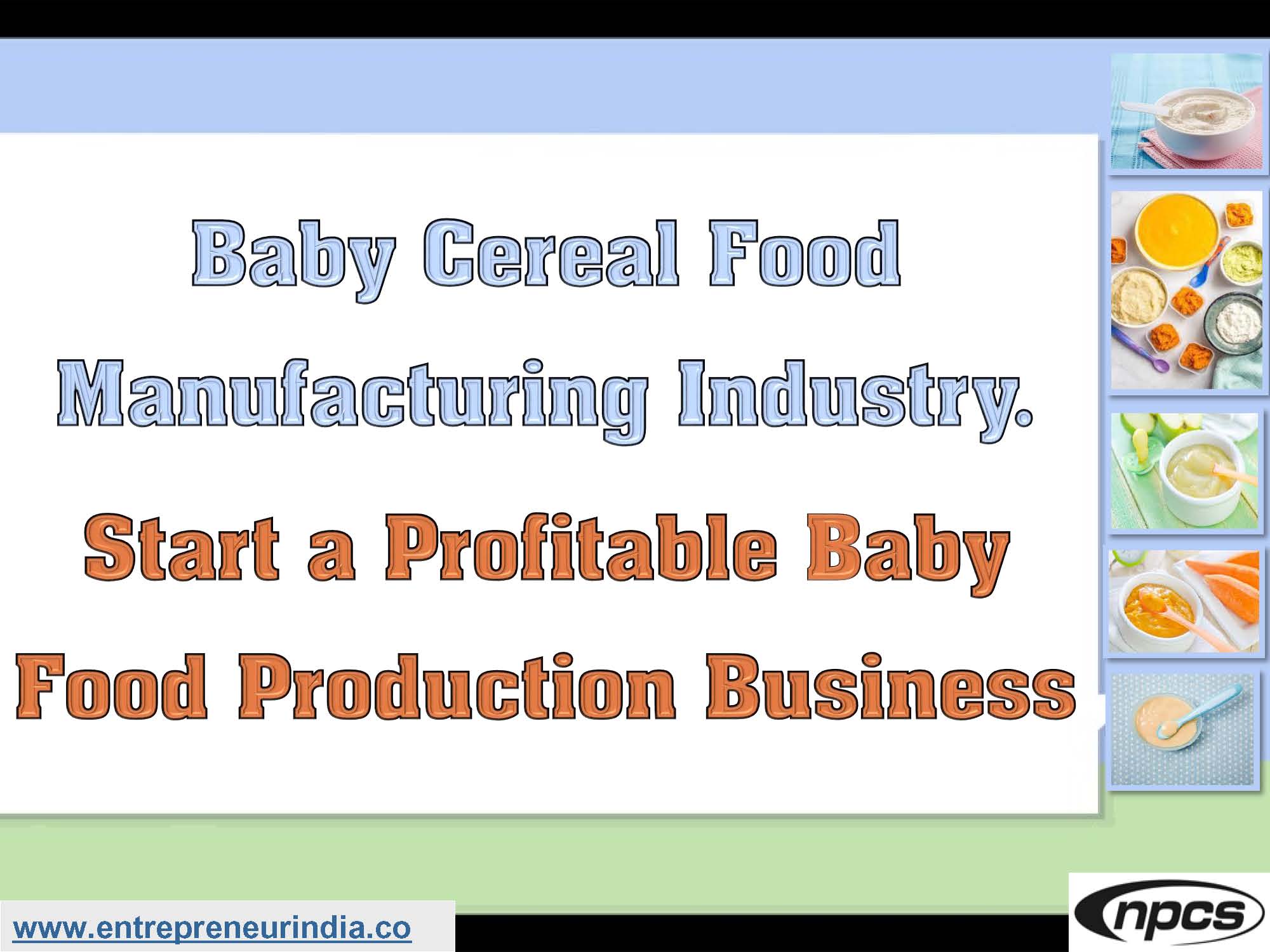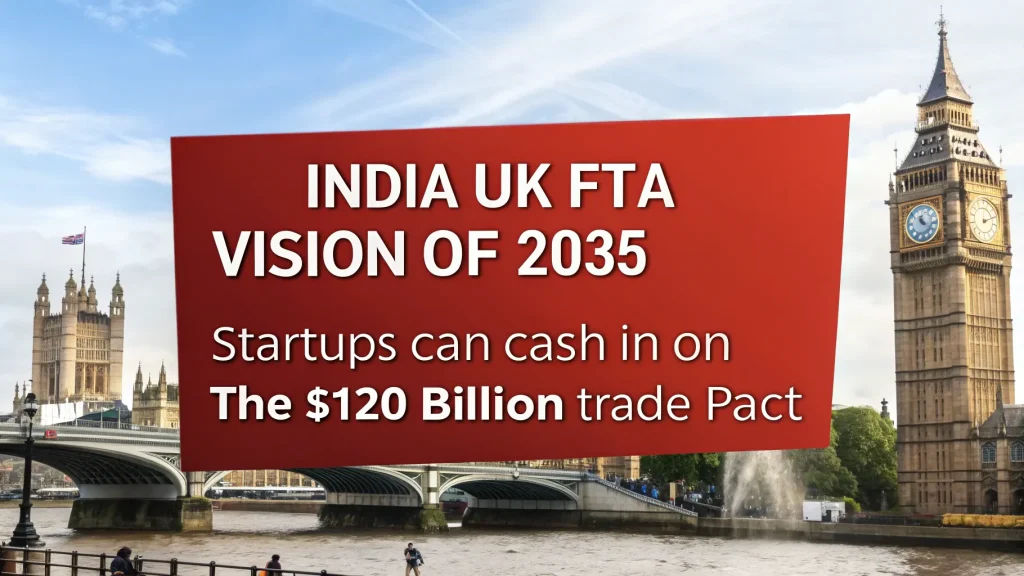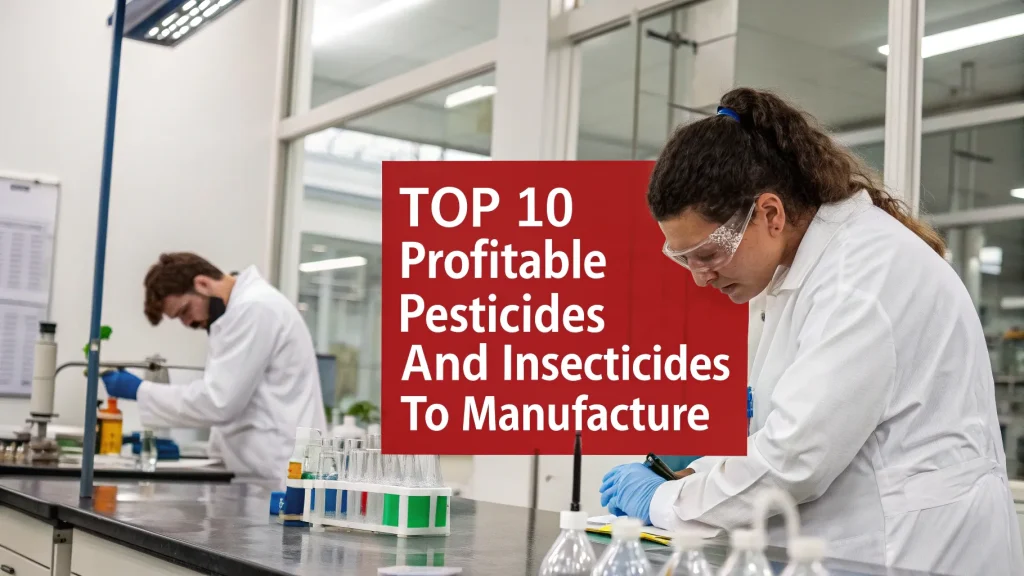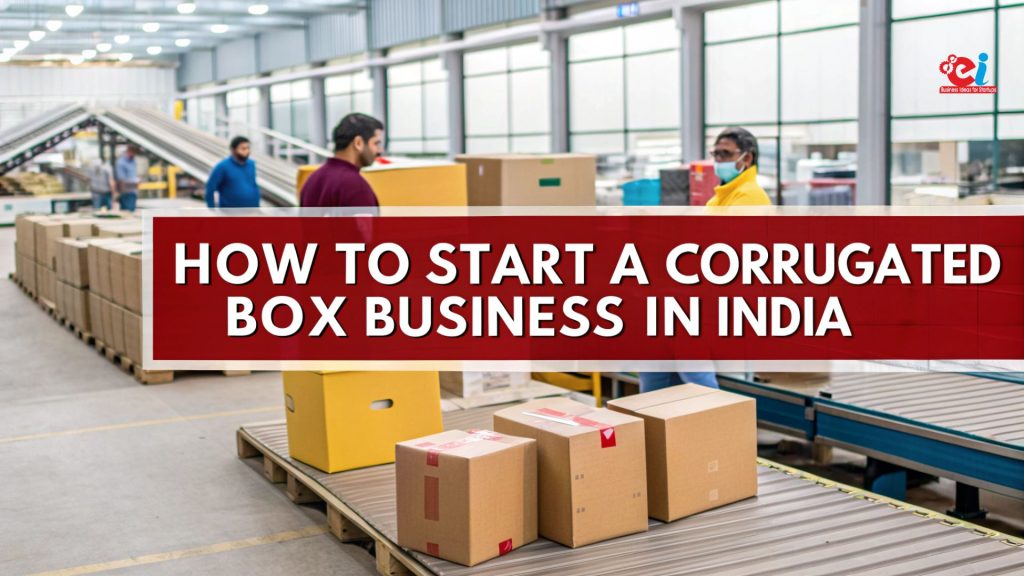
The Baby Cereal Food Manufacturing Industry has witnessed exponential growth in recent years, driven by increasing health awareness, rising birth rates in developing countries, and the growing demand for convenient, nutritious baby food options. Parents today prioritize safe, hygienic, and nutritionally balanced foods for their infants, which has made baby cereal one of the most preferred weaning foods across the globe. The Baby Cereal Food Manufacturing Industry offers a highly profitable and sustainable business opportunity for entrepreneurs looking to tap into the expanding market of infant nutrition.
Rising Demand and Market Potential
The global baby food market is projected to surpass USD 100 billion by 2030, and cereal-based products form a major chunk of this industry. The Baby Cereal Food Manufacturing Industry benefits from a steady demand due to the essential role these cereals play in a baby’s transition from breast milk to solid foods. Parents seek products that are free from preservatives, made with organic or natural ingredients, and are easy to digest for infants between 6 months to 2 years old.
In India and other growing economies, an increase in dual-income households, improved disposable income, and urbanization are fueling the demand for ready-to-eat baby cereals. Brands that focus on safety, fortification with iron, calcium, vitamins, and the absence of allergens are experiencing higher growth rates.
Key Ingredients and Nutritional Composition
Manufacturing baby cereal food involves selecting ingredients that are rich in essential nutrients and easy on an infant’s digestive system. Common grains include rice, wheat, oats, ragi (finger millet), maize, and barley. Many products are also fortified with:
-
Iron and zinc for brain development
-
Calcium and vitamin D for bone growth
-
DHA and choline for cognitive function
-
Protein and fiber for overall health
Fruits like banana, apple, and mango are often added for natural sweetness and flavor. The Baby Cereal Food Manufacturing Industry must ensure all formulations are scientifically tested, nutritionally approved, and adhere to safety standards.
Baby Cereal Manufacturing Process
The process of manufacturing baby cereal is systematic, hygienic, and involves advanced technology to retain nutritional value. The general steps include:
1. Raw Material Selection and Cleaning: Grains and fruits are sourced and cleaned thoroughly to remove dust, stones, and impurities.
2. Milling and Pre-cooking: The cleaned grains are milled and pre-cooked using methods like drum drying or extrusion to make them digestible for infants.
3. Fortification and Mixing: Vitamins, minerals, and natural flavors are added in controlled quantities to create a balanced formula.
4. Drying and Sieving: The mixture is dried to maintain low moisture content and sieved for a smooth, fine texture suitable for baby consumption.
5. Packaging: The final product is packed in airtight, sterile containers or pouches using nitrogen flushing to retain freshness.
6. Labeling and Coding: Nutritional information, usage instructions, manufacturing and expiry dates, and batch numbers are printed.
Ensuring food safety and zero contamination is the backbone of the Baby Cereal Food Manufacturing Industry.
Machinery and Equipment Needed
Setting up a unit in the Baby Cereal Food Manufacturing Industry requires precision machinery to ensure hygiene, consistency, and compliance with food-grade standards. Essential equipment includes:
-
Grain cleaning machines
-
Roasters or drum dryers
-
Pulverizers and grinders
-
Mixers and fortification units
-
Extruders (for puffed or textured cereals)
-
Sieving and drying systems
-
Automated packaging machines
-
Sterilizers and metal detectors
The plant should follow HACCP guidelines with stainless steel equipment to maintain sanitary processing conditions.
Investment and Infrastructure
The cost to set up a small-to-medium baby cereal processing unit ranges from ?25 lakhs to ?1 crore, depending on automation level, capacity, and production scale. You’ll need:
-
2000–3000 sq. ft. of hygienic production area
-
Skilled food technologists and quality control staff
-
Water purification systems
-
Testing lab for microbial and nutrient analysis
-
Warehousing space for raw and finished goods
The Baby Cereal Food Manufacturing Industry allows flexible scaling, enabling entrepreneurs to start small and expand as demand grows.
Regulatory Compliance and Certifications
To operate legally and earn consumer trust, your Baby Cereal Food Manufacturing Industry unit must comply with food safety and regulatory norms. These include:
-
FSSAI license for food manufacturing
-
BIS (Bureau of Indian Standards) for quality testing
-
ISO 22000 or HACCP certification
-
Organic certification (if marketing as organic baby food)
-
GMP compliance for manufacturing processes
-
Labeling compliance with nutrition facts, allergens, and expiry dates
These certifications help establish credibility, especially when entering modern retail or export markets.
Branding and Packaging Strategy
Packaging plays a key role in the success of your brand in the Baby Cereal Food Manufacturing Industry. It should be:
-
Leak-proof and air-tight
-
BPA-free and food-grade
-
Easy to scoop or pour
-
Visually appealing with soft pastel colors and baby imagery
-
Informative, highlighting key nutrients and age range
Glass jars, laminated pouches, and canisters with resealable lids are popular options. Educational campaigns, pediatrician endorsements, and mother testimonials also add value to branding efforts.
Target Audience and Distribution
The ideal customers for baby cereal products include:
-
New parents and families with infants
-
Pediatric hospitals and clinics
-
Daycare centers and play schools
-
Organic food retailers and supermarkets
-
Online platforms like Amazon, FirstCry, Flipkart, and your own D2C website
Tie-ups with pediatricians and mom-influencers on social media can help build brand awareness and trust. Local distributors, pharma chains, and e-commerce will ensure wide reach.
Profit Margin and ROI
The Baby Cereal Food Manufacturing Industry offers a profit margin between 30% to 50%, depending on branding, packaging, and pricing strategy. Premium organic or Ayurvedic baby cereals can command higher prices.
With consistent demand and growing customer base, breakeven is typically achievable within 18–24 months, with higher profits possible through private labeling and exports.
Export Potential
Countries in Africa, Southeast Asia, and the Middle East have a growing demand for baby cereals due to changing lifestyles and limited local production. With proper certification and attractive packaging, your business can scale globally via export distributors and international marketplaces.
Conclusion
The Baby Cereal Food Manufacturing Industry offers an exciting and ethical opportunity for entrepreneurs who want to invest in the nutrition and wellness space. With a growing focus on child health, informed parenting, and clean label products, baby cereal food manufacturing is set to thrive in both local and global markets.
With the right blend of product innovation, regulatory compliance, branding, and distribution, your baby food brand can become a trusted name in households and hospitals alike.
Niir Project Consultancy Services
An ISO 9001:2015 Company
106-E, Kamla Nagar, Opp. Spark Mall,
New Delhi-110007, India.
Email: npcs.ei@gmail.com , info@entrepreneurindia.co
Tel: +91-11-23843955, 23845654, 23845886, 8800733955
Mobile: +91-9811043595
Website: www.entrepreneurindia.co, www.niir.org





